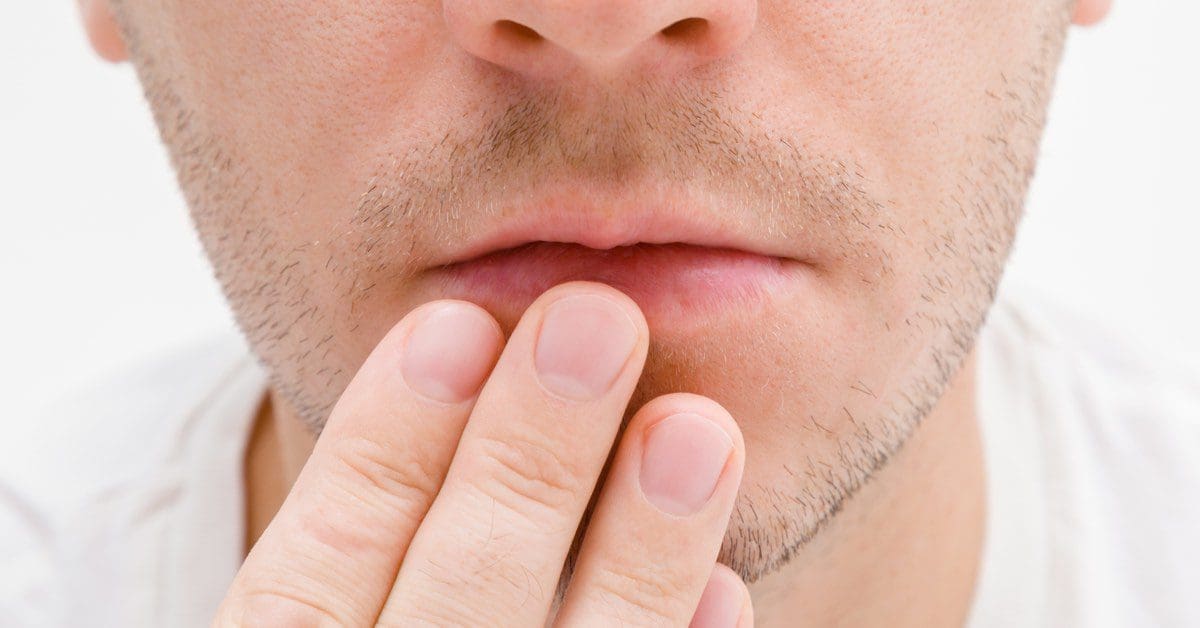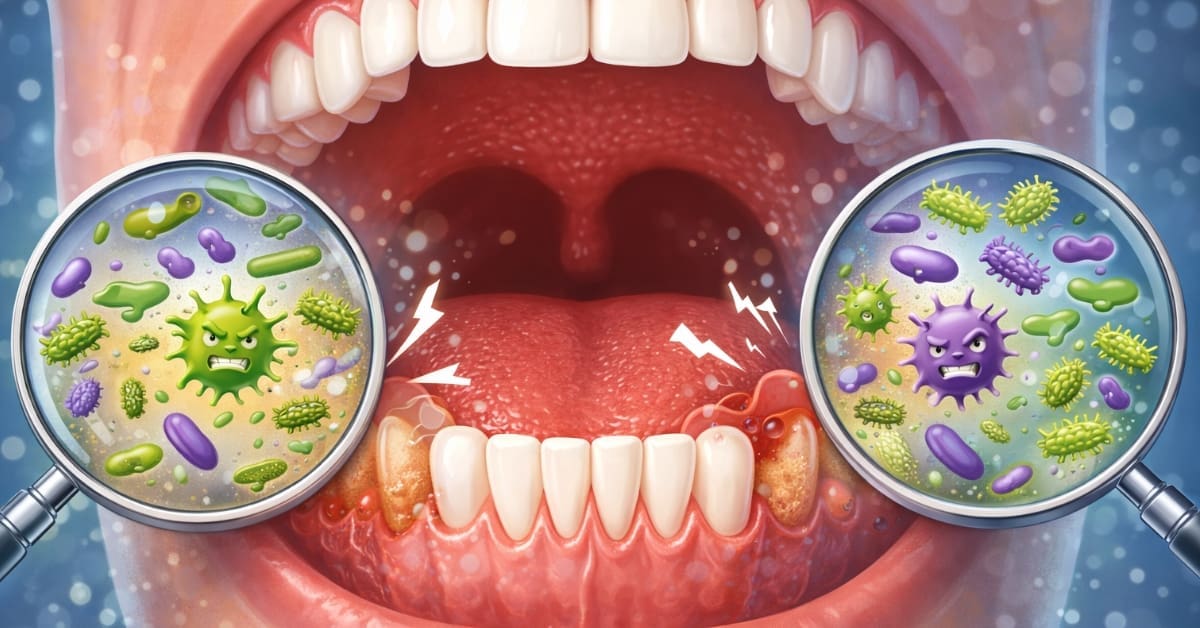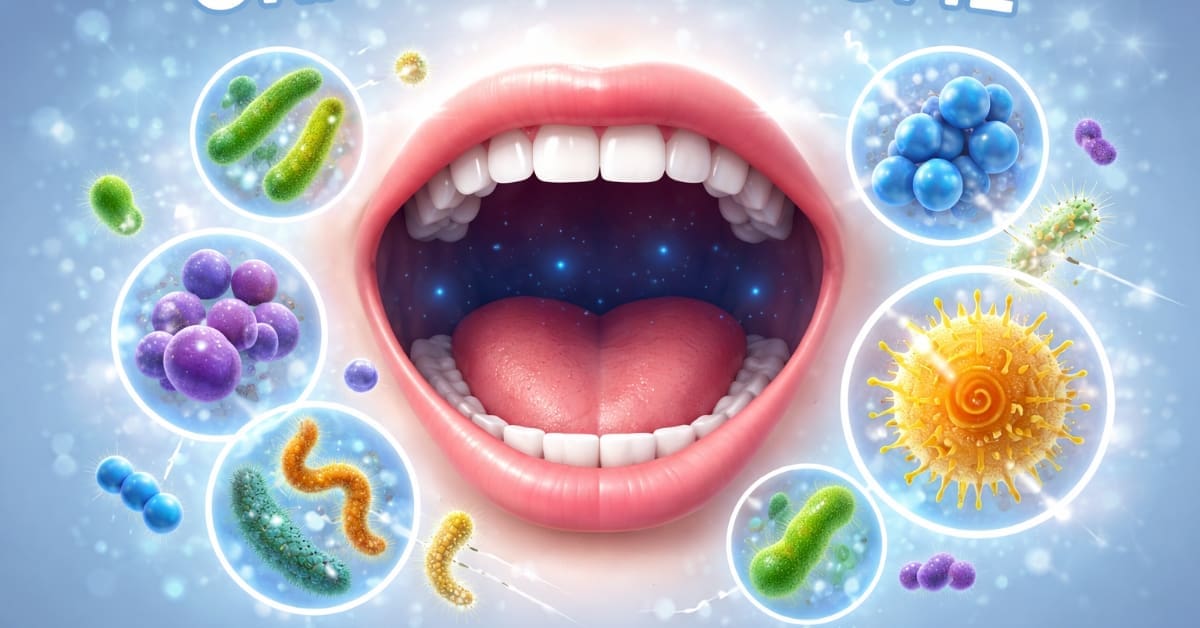Can Dry Mouth Cause Tooth Decay?
Dry mouth is a common condition in adults. Your mouth feels dry and parched if you have it, and your saliva feels thicker than usual. If you have a more severe dry mouth, it may not be easy to talk due to the dryness. Common signs and symptoms of dry mouth include:
• Bad breath
• Problems swallowing
• Sore throat or mouth
• Hoarseness and problems speaking
• Changes in how foods taste
• Food sticking to the inside of your mouth
• Reduced sense of taste
The symptoms can be mild and may come and go. Hydration, sucking on a mint, chewing gum, and not smoking help control the symptoms. However, depending on the cause, dry mouth can be a symptom that dry mouth sufferers deal with daily.
What Causes Dry Mouth?
Dry mouth, also known as xerostomia, becomes more common with age. Other causes include:
• Taking medications that reduce saliva flow (decongestants, antidepressants, antihistamines, stimulants, some blood pressure medications).
• Health conditions (various autoimmune conditions can cause a dry mouth)
• Not drinking enough water
• Cancer chemotherapy
• Nerve damage to nerves in the head or neck
• Chronic snoring
• Smoking
• Radiation Therapy
• Chemotherapy
Dry Mouth and Tooth Decay
Beyond how dry mouth makes your mouth and throat uncomfortable, there are health consequences to having a chronically dry mouth. One of these is tooth decay.
Why does dryness contribute to tooth decay and dental caries? One of the functions of saliva is to wash away food particles after eating a meal. Saliva is 99% water, but it contains organic and inorganic molecules that help digestion and keep bacteria that cause dental decay from sticking to teeth and causing cavities. Compounds in saliva, including calcium and phosphate, also help remineralize your teeth, thereby reducing the risk of dental caries.
Based on the purpose saliva serves, it’s easy to see how a dry mouth and lack of saliva increase the risk of tooth decay. Without adequate saliva, bacteria that cause tooth decay multiply and overtake your mouth, and lack of saliva makes it harder to remineralize your teeth. Plus, you have less saliva to remove food particles from your teeth and gums after a meal.
How Can You Treat Dry Mouth and Prevent Tooth Decay?
If you have symptoms of dry mouth, see your dentist. If you don’t have enough saliva, your dentist may tell you to use a prescription mouth rinse with the same protective properties as the saliva you’re not making enough of. Eating sour candy also stimulates saliva flow, but the sugar in hard candies also increases the risk of tooth decay. Sugar-free sour candy is a better choice.
Also, please make an appointment with our healthcare provider to determine why you have a dry mouth. For example, if it’s a side effect of medications, they may prescribe a similar medication that causes less dry mouth. Plus, they can look for other underlying causes of a dry mouth, such as an autoimmune condition.
If you have chronic dry mouth, you’ll need more frequent dental checks to ensure you aren’t developing tooth decay. Your dentist may also recommend other strategies for preventing tooth decay with dry mouth, including:
- Running a humidifier in your home or work area.
- Drinking water frequently throughout the day.
- Limiting caffeinated beverages, soft drinks, and sugary beverages.
- Chewing sugar-free candy or gum, especially sour candies.
- Avoid smoking and alcoholic beverages.
Whether dry mouth is curable depends upon the cause. Correcting medication use, smoking, or not drinking enough water can lead to sustained improvements or even a cure. Otherwise, dry mouth is a condition you can manage through the suggestions above and by seeing your dentist regularly to catch dental caries early.
If you are looking for a Top-Rated Dentist, get in touch with the Dental Office, Suburban Essex Dental. Dr. Paul Feldman and the entire staff are warm, compassionate and experts in the dental industry. The entire team looks forward to discussing your dental concerns.





